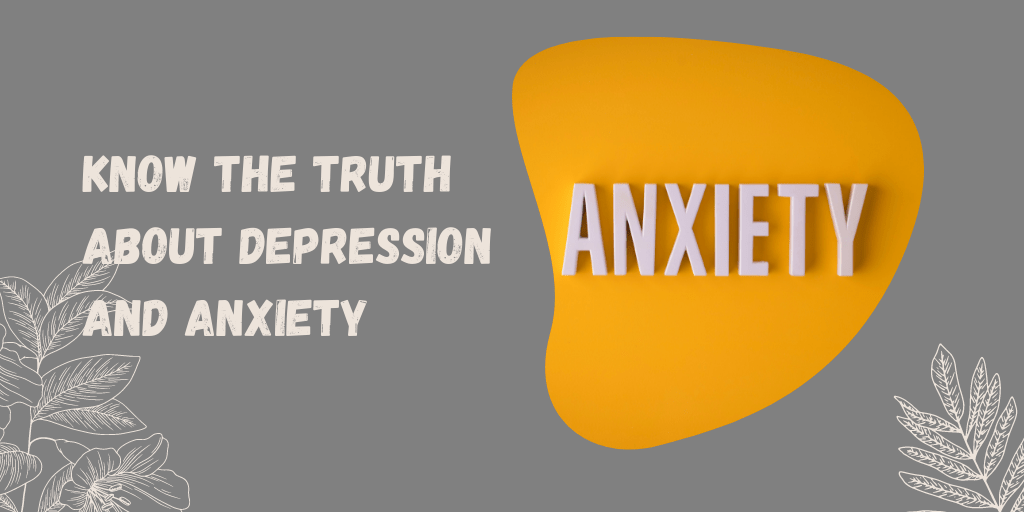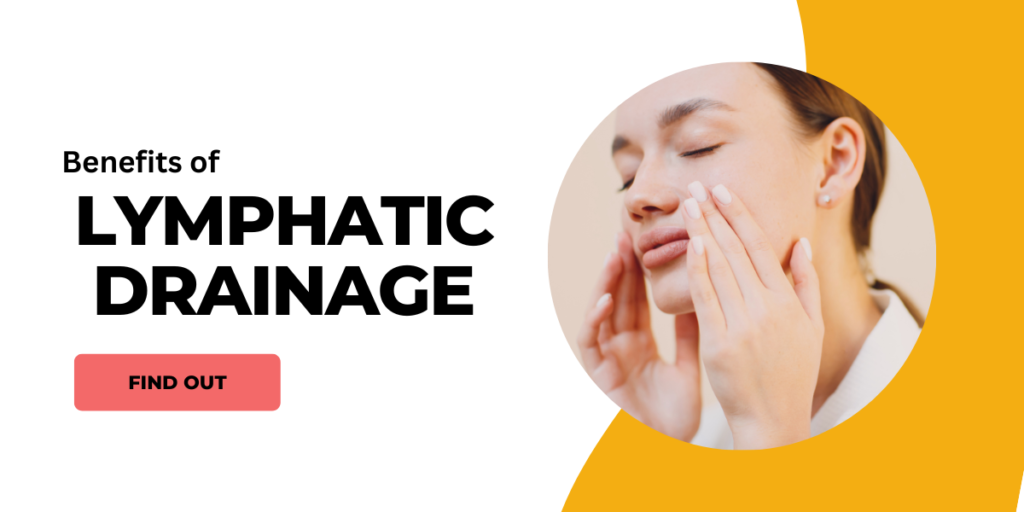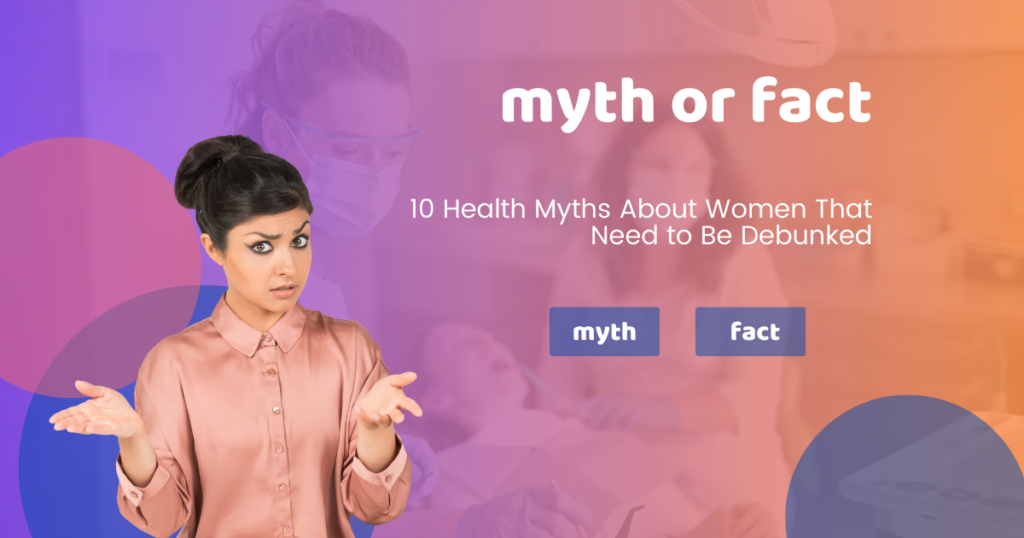Women and men can develop the same mental illnesses or conditions, but the symptoms can be different in women. There are some mental illnesses that are unique only to women along with this, such as Postpartum depression. The most common mental health issues seen in women are depression and anxiety, as both occur almost twice as likely in women than in men.
What are the Basic Signs of Having Depression in women?
Depression is a constant feeling of sadness and loss of interest that can stop you from doing everyday activities. Signs of having depression can include:
- A persistent sad or empty mood
- Sleeping too much or too little
- Having less energy
- Trouble concentrating, remembering, or making decisions
- Feelings of helplessness, pessimism, and hopelessness₍₁₎
All signs can range from relatively minor to severe, and not all have to be present at once for you to be experiencing depression potentially. Women can experience signs of depression quite differently than what men experience.
Why Is Depression More Common in Women?
Although it isn’t certain, experts believe that a higher chance of getting depression as a woman is related to the changes in hormone levels, such as estrogen and progesterone, that occur throughout a woman’s life₍₁₎. Such changes are prevalent during puberty, menopause, pregnancy, and after giving birth or experiencing a miscarriage.
Particularly, the hormone changes that rise and fall as a part of the menstrual cycle can potentially contribute to premenstrual syndrome, PMS for short. In some cases, this can further lead to premenstrual dysphoric disorder, or PMDD for short. PMDD is a severe syndrome, and roughly 3-5% of menstruating women have this disorder₍₁₎. It can cause bouts of depression, mood swings, and anxiety that can interfere with daily life.
Alongside this, some risks can generally increase your likelihood of getting depression. These can include, but aren’t limited to:
- Taking certain medications
- Ongoing stress
- Loss of a support system, such as friends and family
- A personal or family history of mood disorders
Why Do Some Women Have Postpartum Depression?
Postpartum depression is a severe form of depression that can affect women within one year after giving birth₍₂₎. It’s typically characterized by feelings of extreme sadness or emptiness, anxiety, and tiredness that can affect your ability to take care of yourself and your baby. It occurs because of the combined result of exhaustion and pain from pregnancy and delivery, hormonal changes that occur after the delivery of a baby, and the extended lack of sleep because of care for the baby that immediately follows. Postpartum depression is commonly mistaken for “baby blues,” which relates to anxiety, lack of sleep, and mood swings that can last for up to two weeks.
The difference between “baby blues” and postpartum depression is that the latter is an extreme version of both “baby blues” and depression and is typically long-lasting. Not all women will get postpartum depression if they get proper rest afterward and can get help for their pain or exhaustion long-term after delivering. Getting this type of depression is also dependent on the risk factors associated with getting general depression. If you are at high risk for or already experience depression, it is more likely for you to get postpartum depression.
What are the Symptoms of Anxiety?
Anxiety is your body’s natural response to stress, but it can get as severe as persistent worry and fear over everyday activities. Symptoms of anxiety can include, but aren’t limited to:
- Feeling nervous, irritable, or on edge
- Feeling tired or weak
- Having an increased heart rate
- Rapid breathing
- A constant sense of impending danger
- Difficulty concentrating or sleeping₍₃₎
Like depression, all symptoms can range from mild to severe, and not all have to be present for you to be experiencing anxiety potentially.
Is Anxiety Disorder a Mental Illness?
Anxiety disorder occurs when your anxiety becomes severe and begins to affect your ability to interact with people and the world around you correctly, complete normal activities, and generally cause you great distress. When it gets to this point and affects your overall mental health, it is considered a mental illness. There are five main types of anxiety disorders in women:
- Generalized Anxiety Disorder (GAD) includes anxiety or worry over ordinary activities, such as family or health events
- Obsessive-Compulsive Disorder (OCD) can include getting trapped in a cycle of compulsions and obsessions and can range as far as a fear of impending doom if a specific task isn’t completed
- Panic Disorder includes experiencing sudden and random panic attacks
- Post-Traumatic Stress Disorder (PTSD) occurs when a person experiences a traumatic event and continues to experience anxiety and flashbacks relating to that event.
- Social Anxiety occurs when a person becomes overwhelmingly anxious and self-conscious during social situations₍₃₎
How Does One Overcome Depression and Anxiety?
While there’s no permanent cure for either depression or anxiety, there are steps you can take to manage, overcome it, and overall improve your mental health. The first step you can take is to accept that you have depression or anxiety, which can be challenging to do at first, but ignoring the problem will only worsen what you have. After this, the next step is to get diagnosed to determine what you’re feeling is depression, anxiety, or something else to start the right path to overcoming it. Once you are correctly diagnosed, it’s recommended to get a therapist who can help guide you through ways you can start to overcome it.
Most importantly, take care of yourself. Try to start a healthy sleep schedule, eat a balanced and nutritious diet, get into a comfortable exercise routine, and keep a support system with friends and family. Maintain a schedule for your annual health checks. With this, on top of the advice, your therapist is helping you with, you can start to improve. Improving doesn’t mean you can stop attending sessions with your therapist. It would be best if you continued to talk to them about what progress you’ve made so far and what further steps you can take.
Getting Help
If you need immediate help, you can call or text the following helplines:
- Call the National Suicide Hotline at 1-800-273-8255
- Text “HELLO” to the Crisis Text Line at 741741
For non-immediate situations, you can get referrals to mental health professionals from your doctor or a local Mental Health America office. Your insurance company can also provide a list of mental health providers, and if you have Medicare, they offer a list of participating mental health professionals on their website here.
There are also support groups available, where you can participate with a group of people who are experiencing the same thing you are. In these support groups, you and others can share your experiences and offer encouragement, advice, and comfort to each other.
Resources:
(1) “Depression Effects on Women: Causes, Symptoms, and Treatments.” WebMD, WebMD, 14 Mar. 2021
(2) “Women’s Mental Health: Facts, Symptoms & Resources.” Regis College Online, Regis College, 23 Apr. 2021
(3) “Women and Anxiety.” Women and Anxiety | Anxiety and Depression Association of America, ADAA, ADAA





People who suffer from psychological anxiety are not always in therapy and known for having clinical depression or anything. But, people who suffer from anxiety are constantly worrying about something. They are constantly overthinking everything going on around them. They are constantly worried that people are thinking badly of them or talking badly about them when they are not watching. Every time that someone is late calling or arriving somewhere, people suffering anxiety will immediately think of the worst case scenario. For every situation that seems slightly out of place, someone suffering from anxiety will see the worst in the situation.
Nicely put Ryan. That is so true as well.
Teenage depression also on the rise. Covid has really changed things for all of us.
Thanks for finally talking about > Now Is The Time For You To Know The Truth About Depression and Anxiety – Altus Lifescience < Loved it!